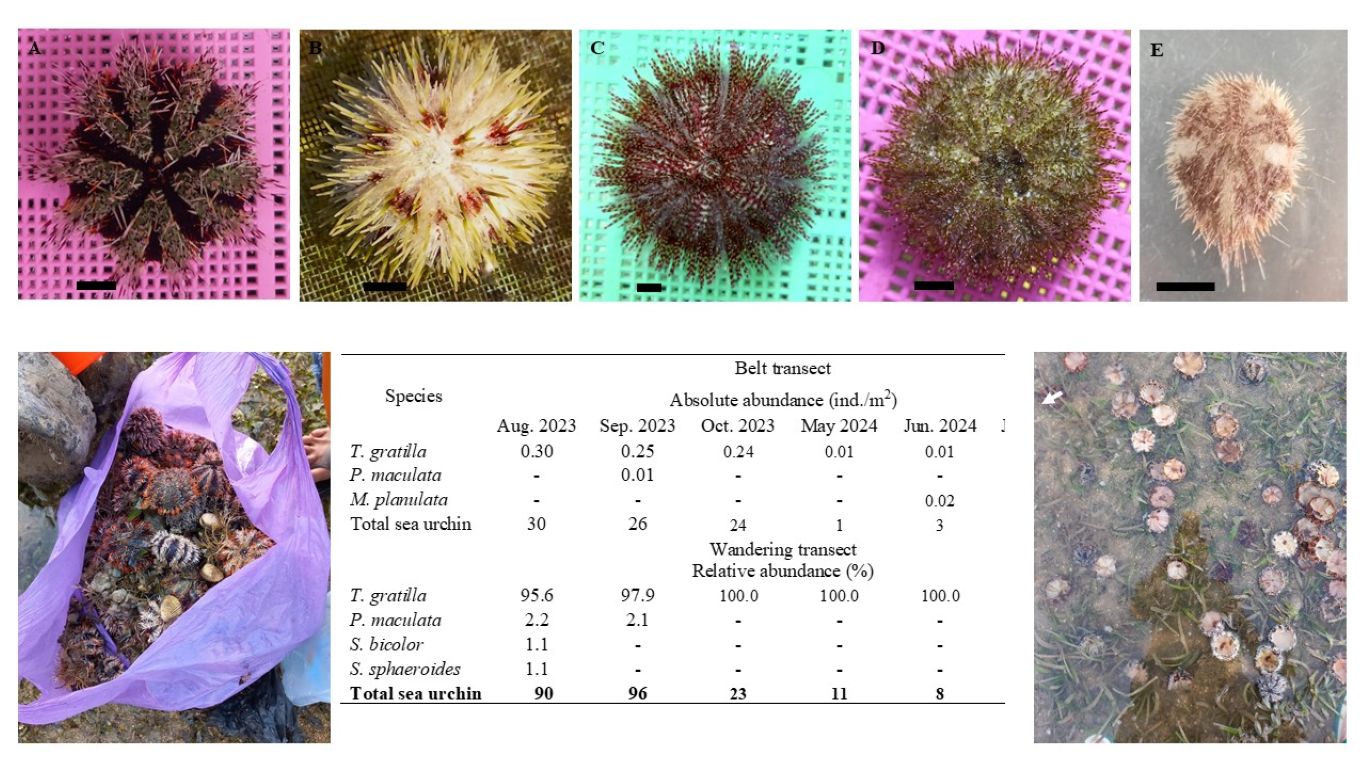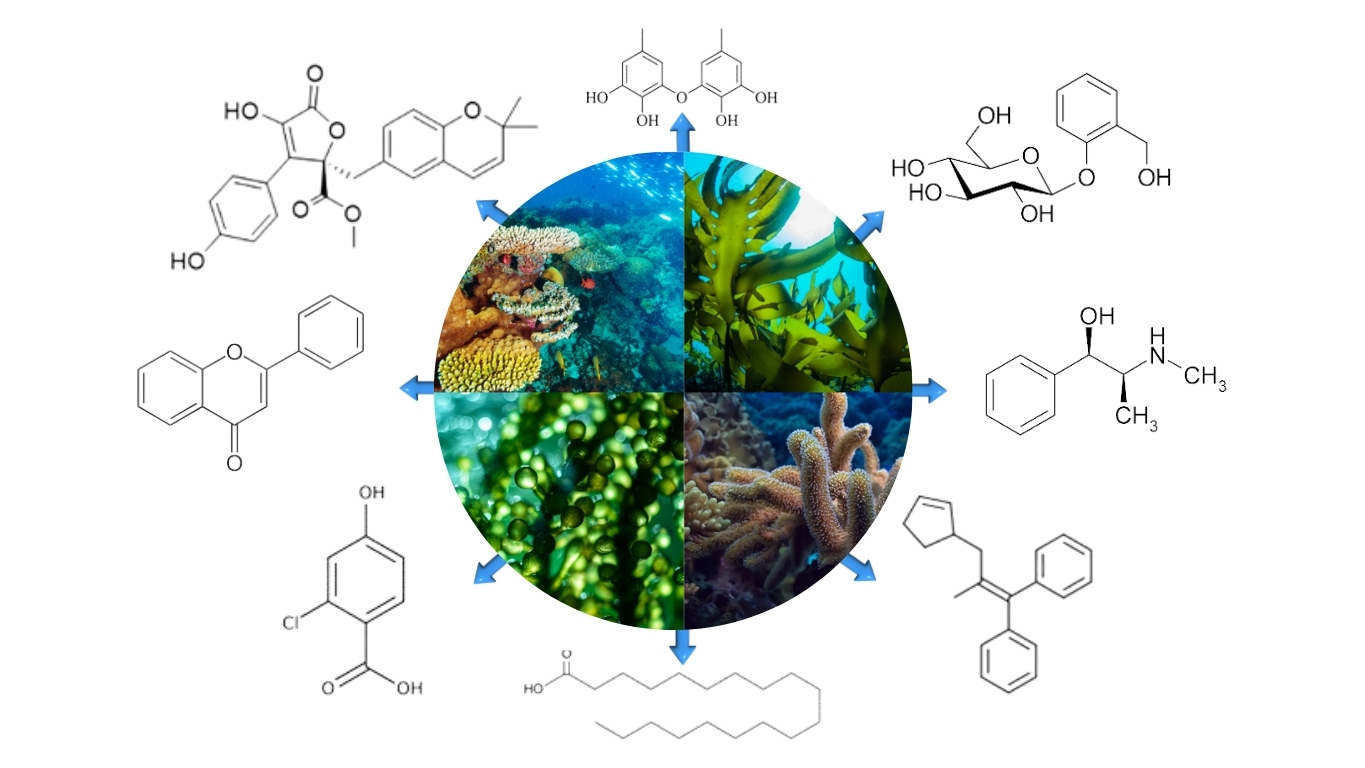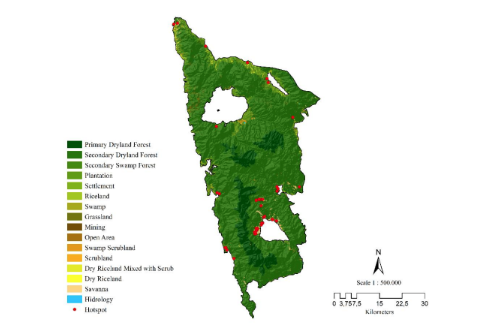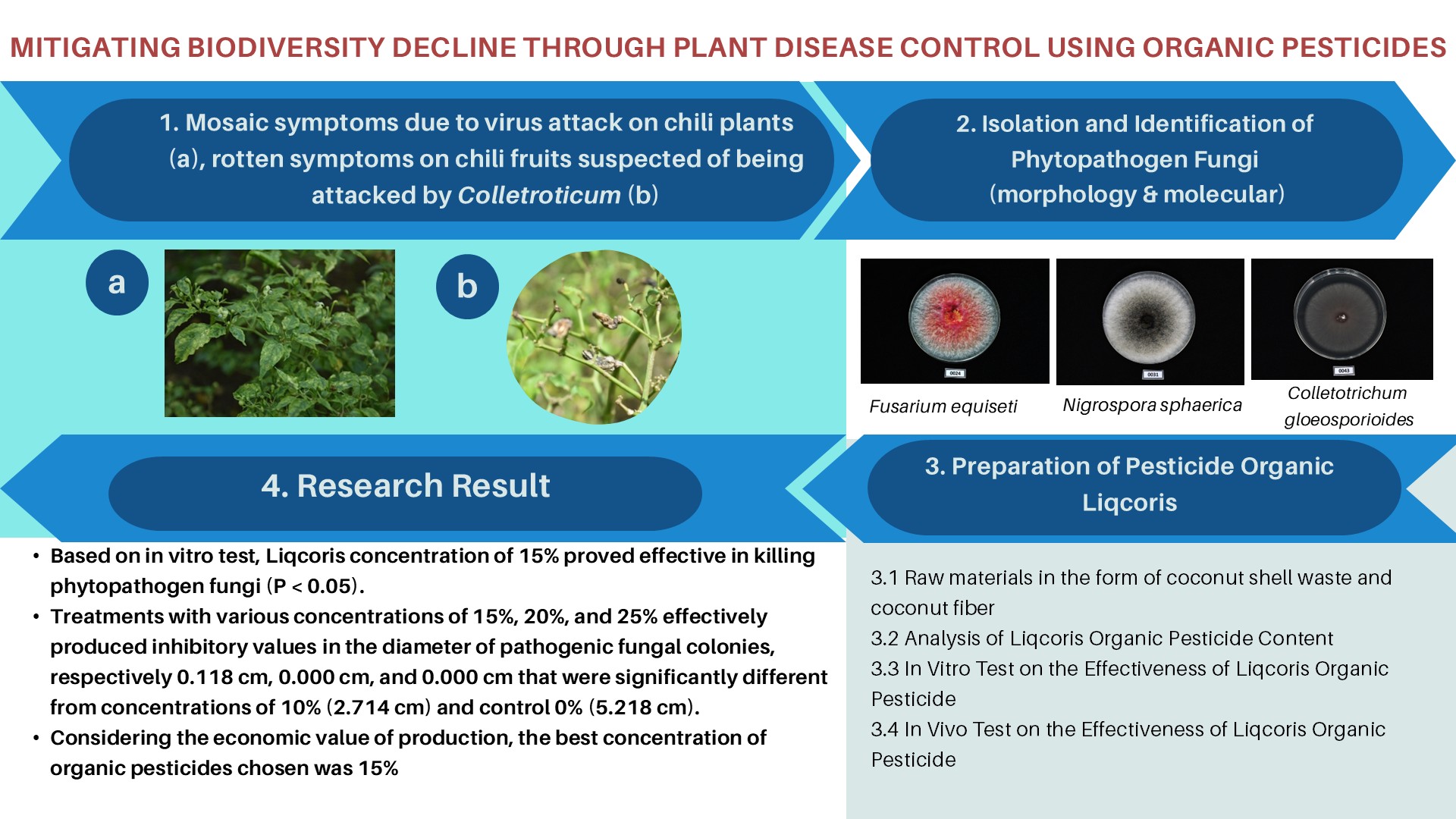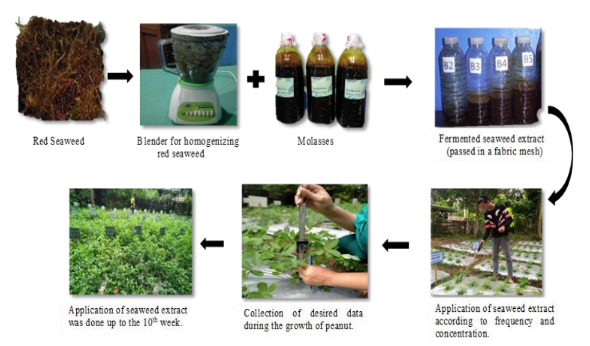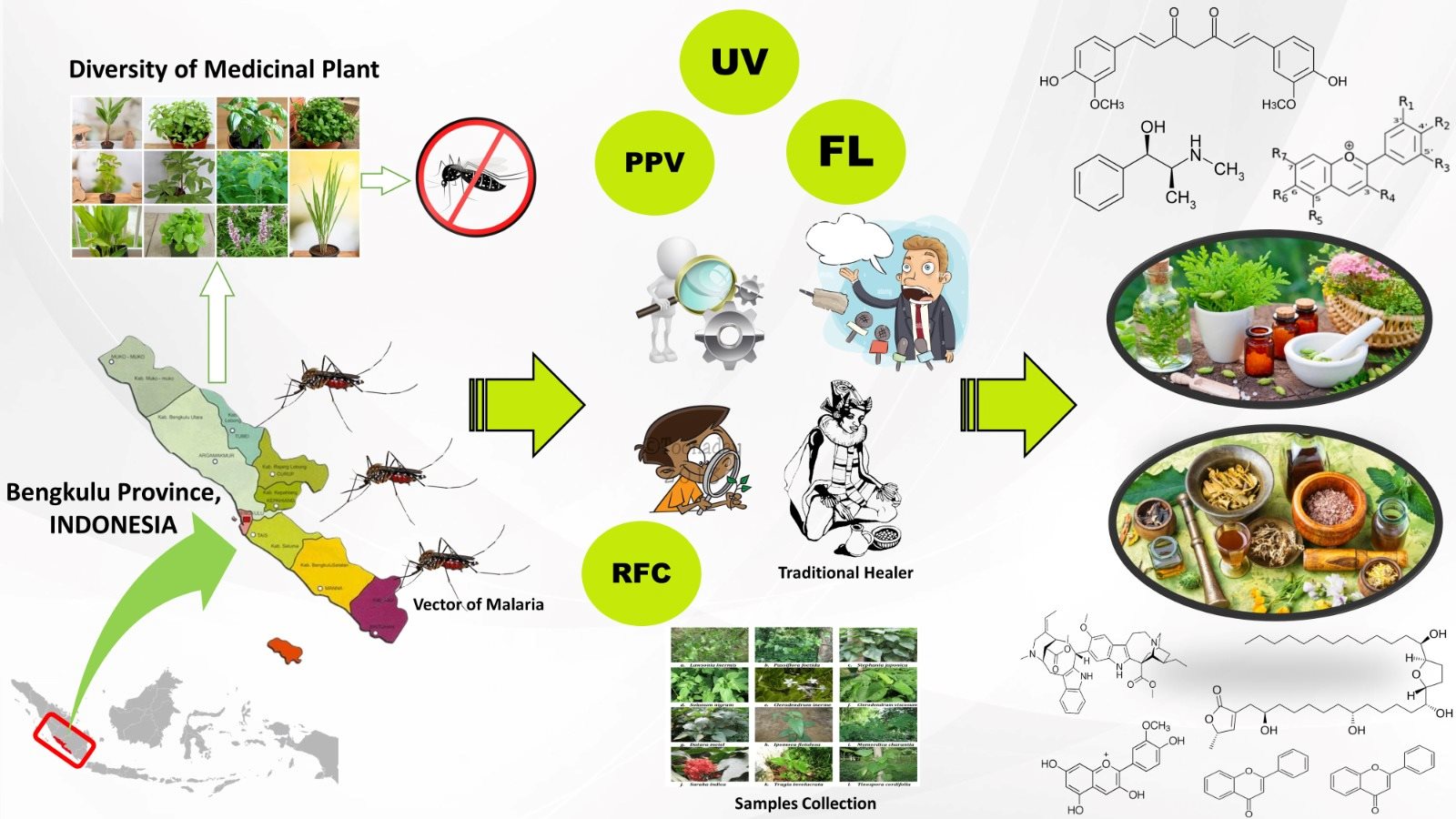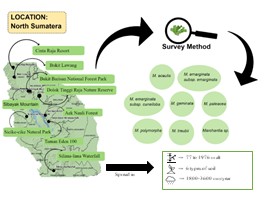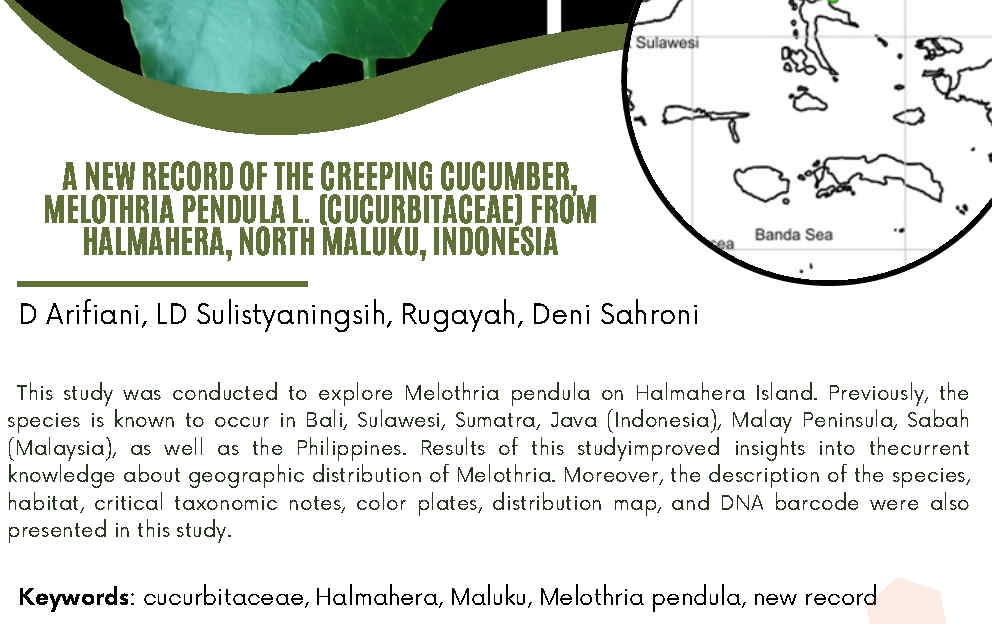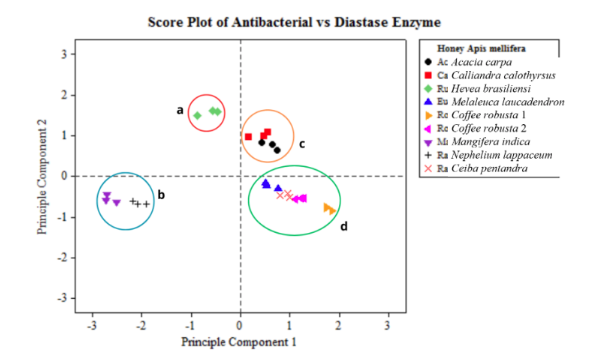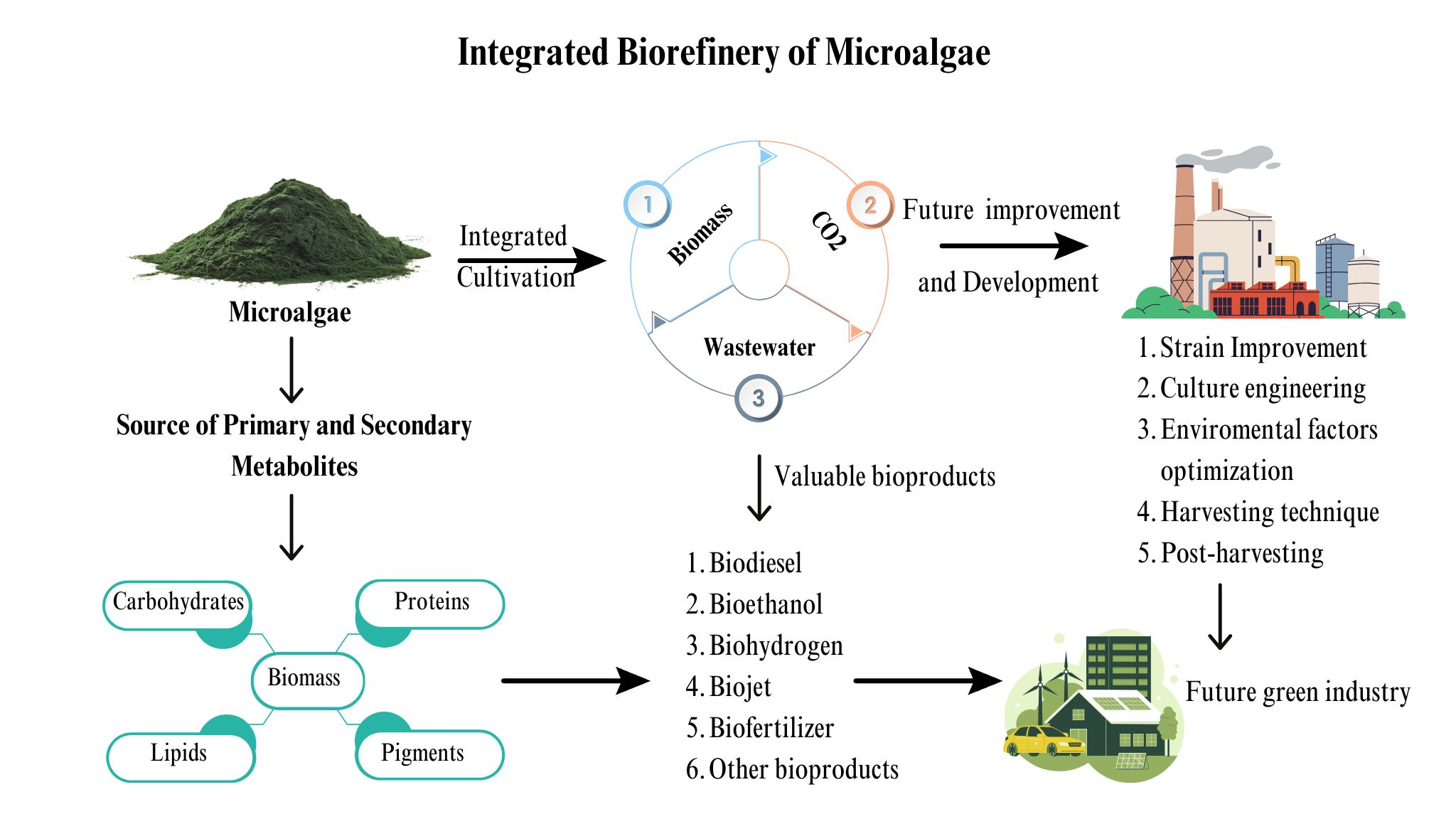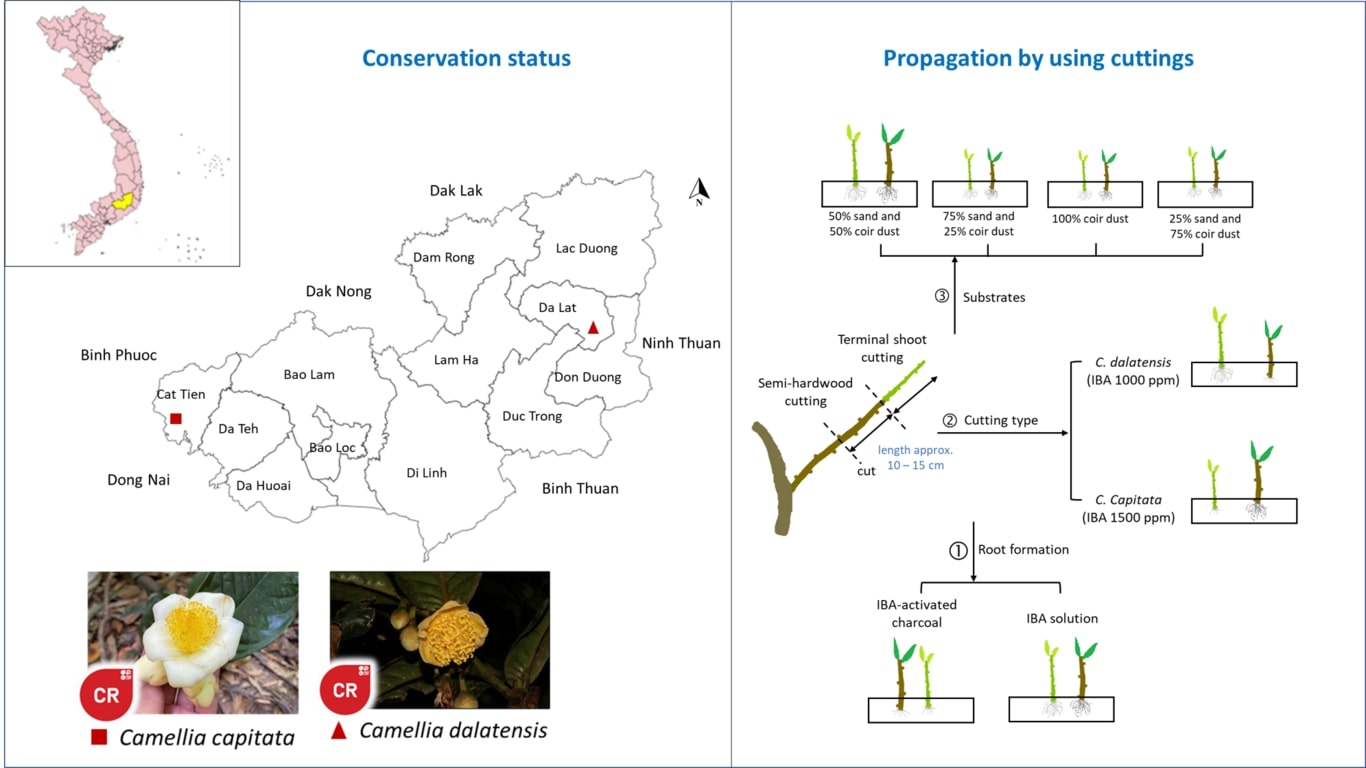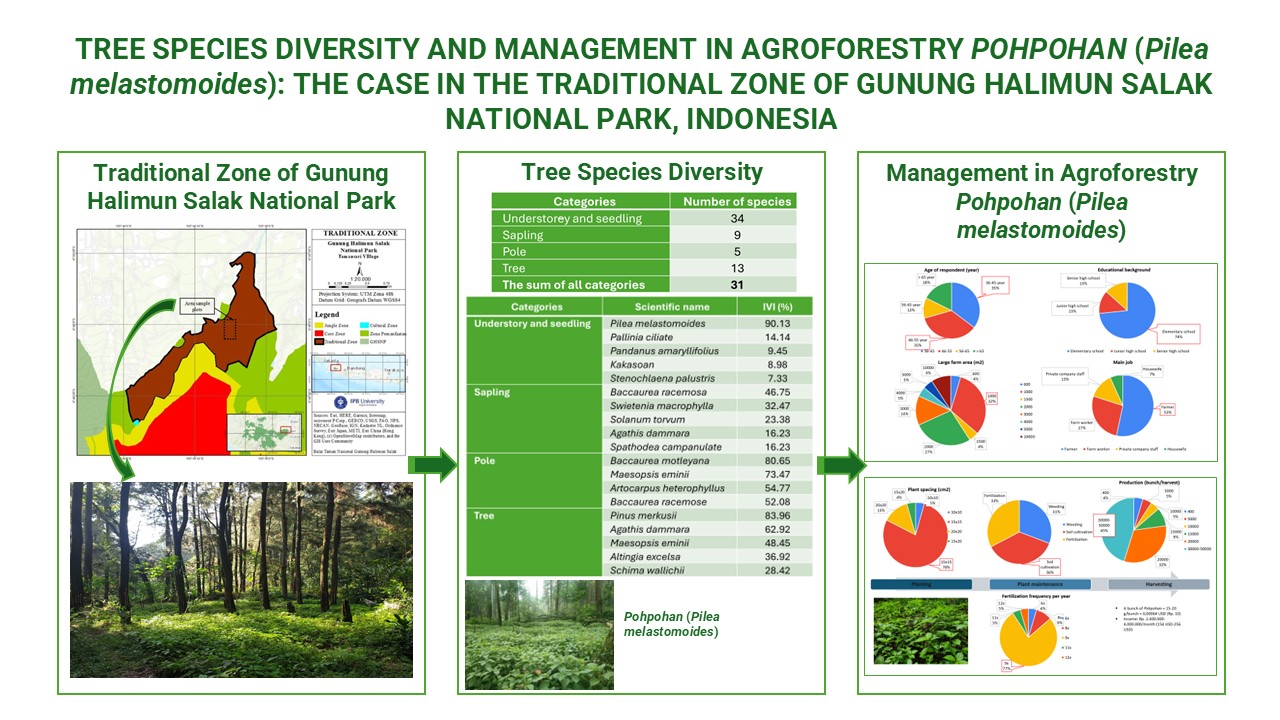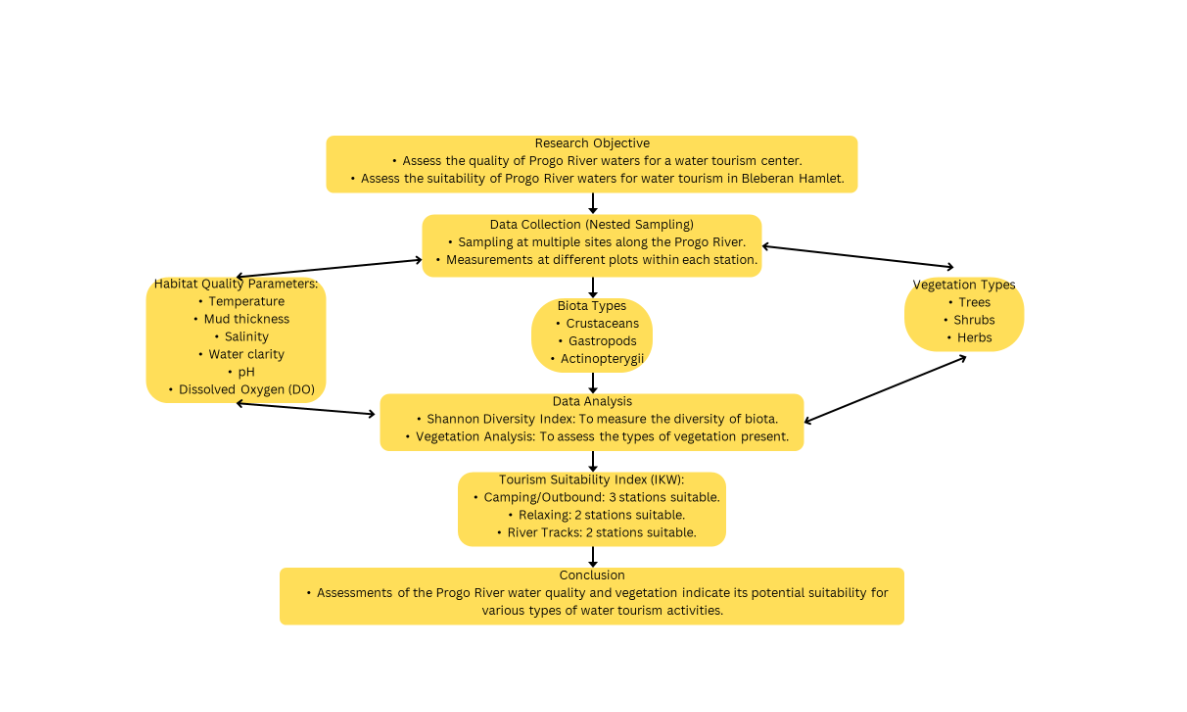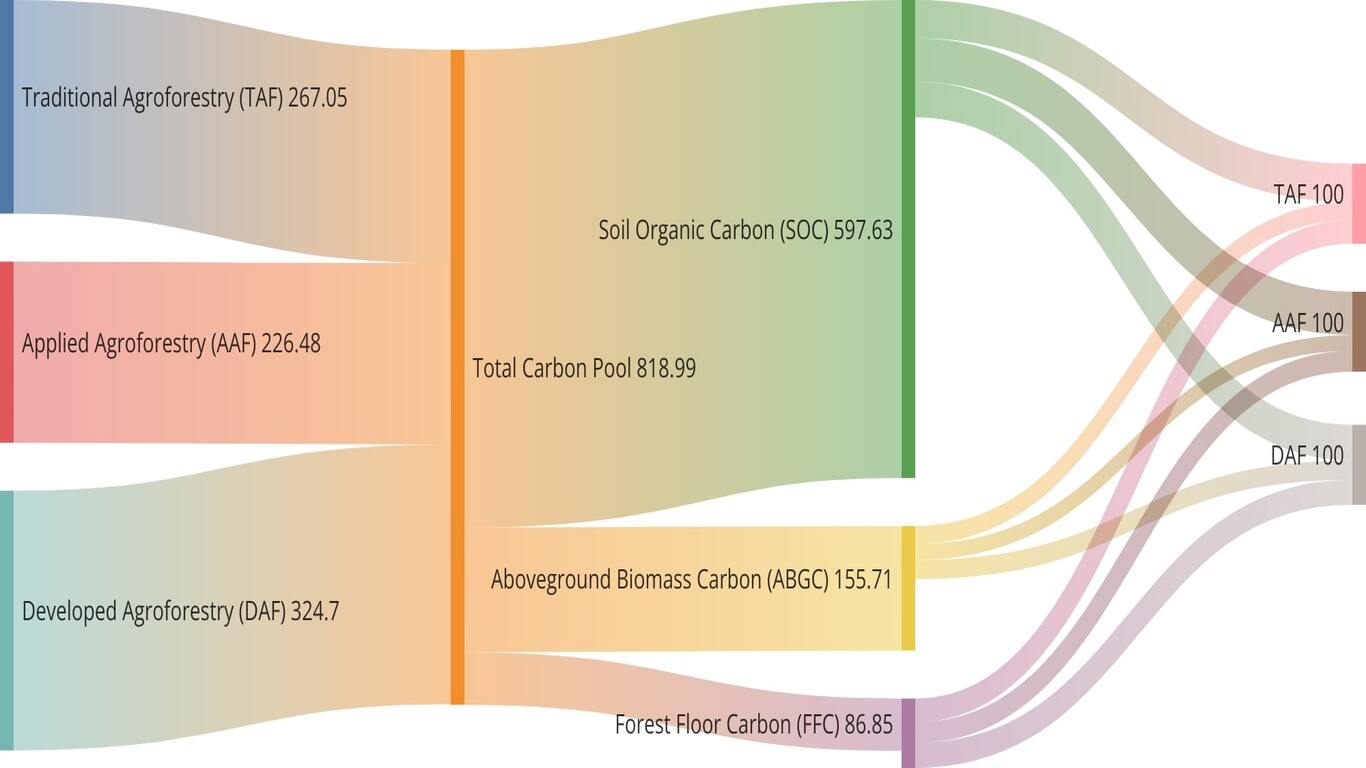INFLUENCE OF INSECT AND SEED SAMPLE SIZE AND HEAT TREATMENT ON THE INFESTATION OF CALLOSOBRUCHVS CHINENS1S (L.) ON MUNGBEAN, VIGNA RADIATA (L) Wilczek *)
Downloads
The influence of different insect and seed sample size and heat treatment on the infestation of bean weevil,
Callosobruchus chinensis on mungbean,Vjg/m radiata (L.) Wilczek, was studied.
Insect and seed sample size as well as varieties/genotype had significant influence in obtaining large responses in the
number of eggs and progenies of the bean weevil.
Use of at least 10 adult weevils to infest test samples containing at least 40 seeds for a 5-day oviposition period should
produce reliable results when infesting mungbean seeds with unsexed weevils.
Dry heat treatment was very effective in disinfesting mungbean seeds from the bean weevil in different developmental
stages. It improved germination depending upon the condition of the seed before tr eatment and certain temperature limits.
A suggested treatment for mungbean dismfestation using dry heat would be 60°C and 70°C for two-and one-hour
treatments, respectively at 12% moisture content. For seeds in bulk, 60°C is much preferred.
Key words:Â Â Callosobruchus chinensis/ Insect and seed sample size/Mungbean infestation/Heat treatment
Downloads
Copyright (c) 2017 BIOTROPIA - The Southeast Asian Journal of Tropical Biology

This work is licensed under a Creative Commons Attribution-NonCommercial-NoDerivatives 4.0 International License.
Authors who publish with this journal agree with the following terms:
- Authors retain copyright and grant the journal right of first publication, with the work 1 year after publication simultaneously licensed under a Creative Commons attribution-noncommerical-noderivates 4.0 International License that allows others to share, copy and redistribute the work in any medium or format, but only where the use is for non-commercial purposes and an acknowledgement of the work's authorship and initial publication in this journal is mentioned.
- Authors are able to enter into separate, additional contractual arrangements for the non-exclusive distribution of the journal's published version of the work (e.g., post it to an institutional repository or publish it in a book), with an acknowledgement of its initial publication in this journal.
- Authors are permitted and encouraged to post their work online (e.g., in institutional repositories or on their website) prior to and during the submission process, as it can lead to productive exchanges, as well as earlier and greater citation of published work (See The Effect of Open Access).









